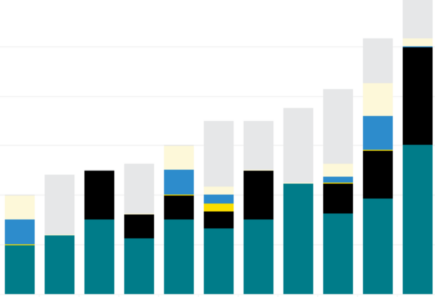
Novel Food Regulations Around the World
A strong regulatory framework is critical to further advance the sector and maximise its potential to improve food security.

A strong regulatory framework is critical to further advance the sector and maximise its potential to improve food security.

When it comes to novel food regulations, SFA is in a league of its own.

GFI’s global reports on the current state of cultivated, fermentation-enabled, and plant-based proteins are now available.

The annual investment totals you have been waiting for have arrived and they tell a fascinating story about how APAC’s plant-based, fermentation, and cultivated meat sectors are evolving.

In recent years, consumer demand for plant-based protein has often outpaced the industry’s supply chain capabilities. Failure to meet industry production targets may ultimately manifest in higher prices and limited availability to consumers.

A first-of-its-kind database from GFI APAC provides a broad view of the B2B ecosystem for plant-based meat production in Singapore.

Teaching the science of making meat from plants and cultivating it from cells means empowering students with the skills necessary to save their own future.

In late September, GFI APAC quietly convened eight closed-door roundtable discussions, available only to a hand-picked list of Asia-based invitees.

New research shows that chains across the region are still figuring out how to capitalize on what experts have called a “once in a generation opportunity.”

Cultivated meat—grown directly from cells, rather than farming animals—has been sold in limited quantities around Singapore since late 2020. But to scale up and reach plates everywhere, the industry needs to be supported by a thriving ecosystem of existing manufacturing companies, which already have the infrastructure to mass-produce products for their partners.